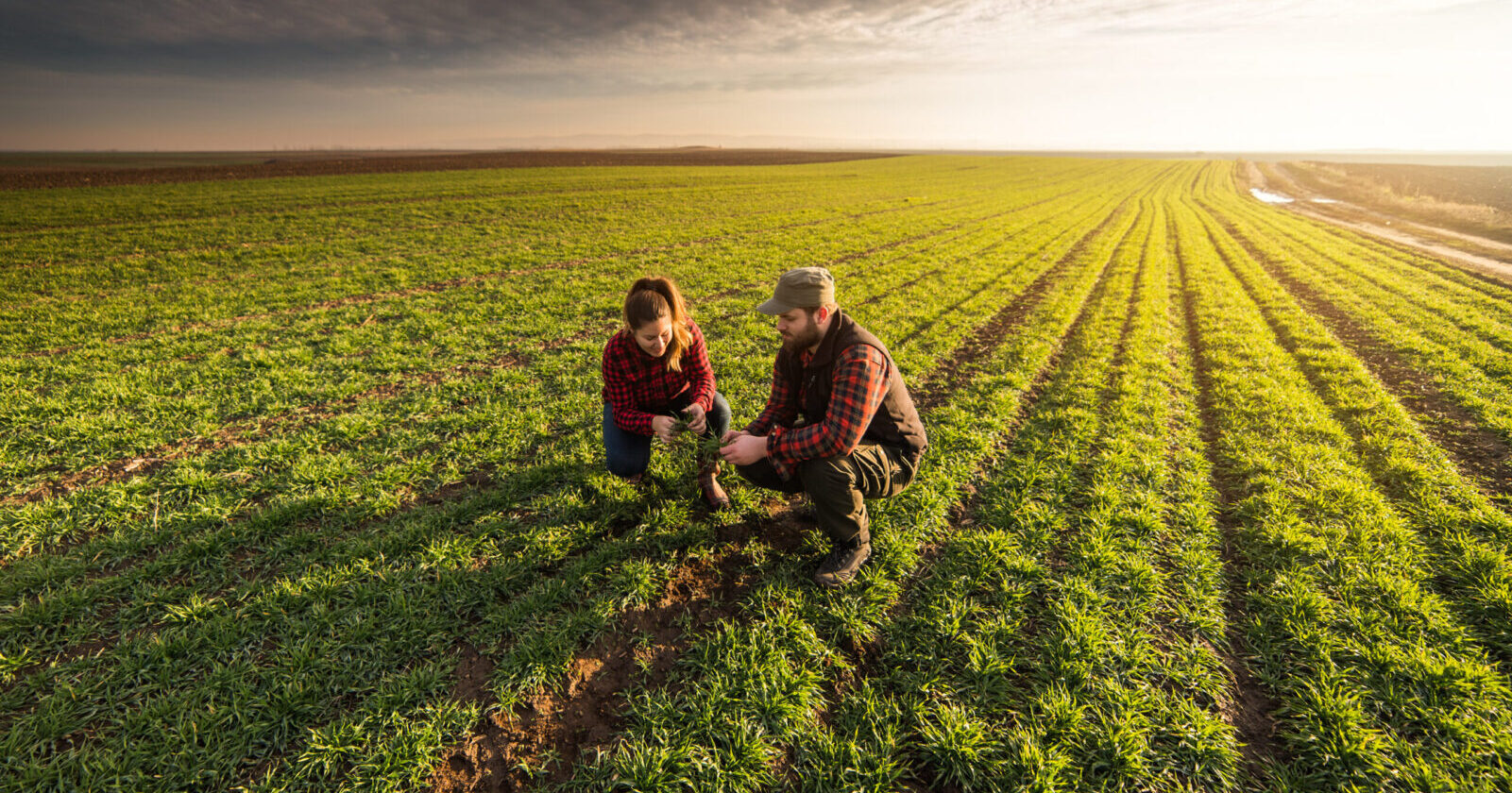Partnership formed between Abaco group and the Center for Agricultural and Rural Development of the University of Perugia
Perugia Feb. 2, 2021 – Abaco has partnered with the Center for Agricultural and Rural Development of the University of Perugia (CESAR) to create the Think Tank Agritech Innovation (TAI), a research center that aims to analyze the sustainable and digital transformation of the agribusiness sector in order to map out guidelines for the agriculture of the future.
The project stems from Abaco and Cesar’s desire to share key trends about the sector with the world of business, institutions and universities in light of the changes taking place. Consumers are shifting their preferences toward products with a strong health connotation, and governments are increasingly sensitive to sustainable agricultural policy, as confirmed by the European Commission’s Green New Deal and in particular the “Farm to Fork” strategy in favor of a fairer and healthier food system that respects the environment.
At the same time, the primary sector is evolving technologically through the integration of precision agriculture technologies with the Internet, sensor technology, and powerful computing systems that enable data management and sharing among supply chain actors and the optimization of production processes.
“Research and development activities are indispensable for those who, like us, accompany players in the agrifood supply chain on this path of innovation and sustainability,” said Antonio Samaritani CEO of Abaco. “The implementation and subsequent adoption of technological solutions aligned with the international framework, sensibility and culture that is spreading globally, is today a fundamental prerequisite for dealing with the major changes that are so rapidly transforming a primary and strategic sector for the country such as agribusiness.” “The Agritech Innovation Think Tank was created to answer a number of crucial questions for the sector: which technologies are feasible immediately and which will be mature in the near future? Which technologies are fundable with EU resources? How will technology realize the climate neutrality of the European Green Deal? How will we be able to communicate food data to the consumer or transfer environmental indicators to the EU to report on the resources obtained? Our goal is to be able to make decisions in an unexplored future,” commented Angelo Frascarelli, Cesar Director.
Among the first topics to be addressed by the Think Tank: new technologies that can be financed by the Next Generation EU program for the innovative development of rural areas; the diffusion of Agriculture 4.0 in agricultural enterprises; the European “Farm to Fork” strategy and technologies to support supply chains; the identification of new indicators and targets from the guidelines of the new CAP; and the evolution of risk management in agriculture.
Abaco
Abaco, founded in 1990, has 30 years of experience in the development of land management software. Thanks to its vocation for innovation, the company has enabled it to anticipate the needs of an evolving market and become a trusted partner of public and private entities that face the challenge of sustainable development of traceability and productivity on a daily basis. In particular, Abaco was chosen by the UK government to develop the platform for managing CAP subsidies and will continue to do so during the period of Britain’s exit from the EU. Today the head office is in Mantua. The company also has offices in Rome and the UK.
CESAR
CESAR (Center for Agricultural and Rural Development) is an association founded in 1983 by the University of Perugia, the Foundation for Agricultural Education in Perugia and the Municipality of Assisi. CESAR carries out study, research and consulting activities aimed at the socio-economic enhancement of enterprises and territories. Carried out in collaboration with the Department of Agricultural and Environmental Sciences (DSA3) and other Departments of the University of Perugia, the macro-areas of intervention concern territorial and local development, agricultural-productive systems, agro-industry as well as the enhancement and conservation of natural and environmental resources.




